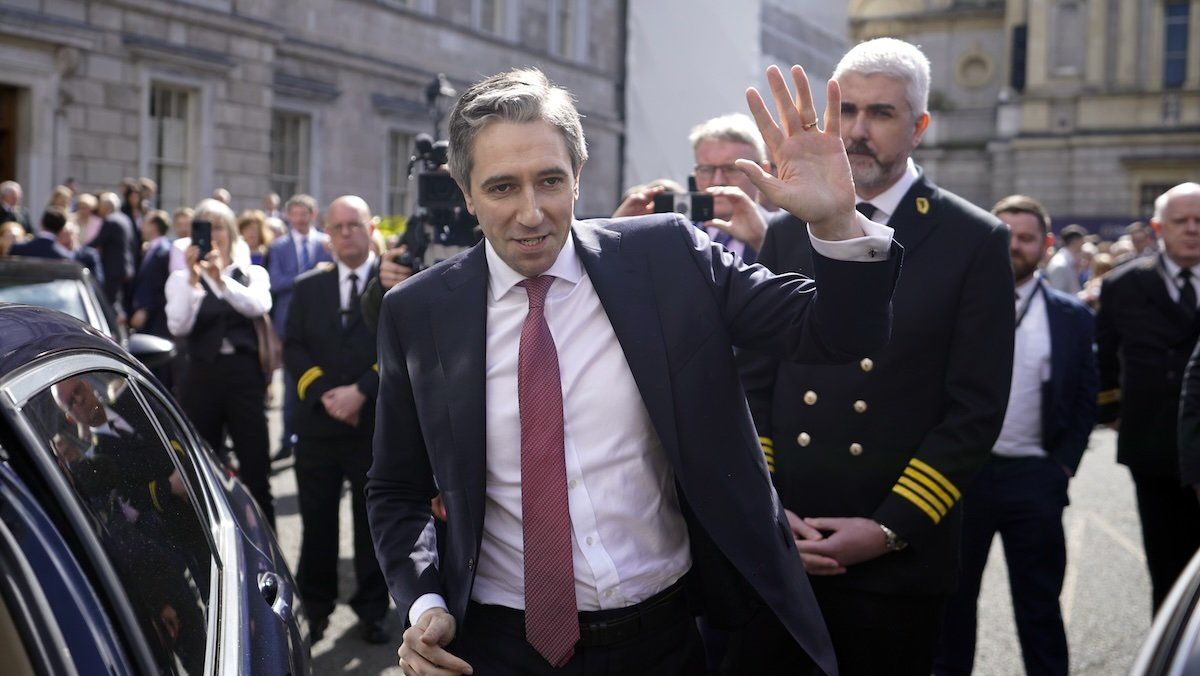The Emerald Isle has a new leader. Ireland’s parliament on Tuesday elected Simon Harris as the country’s next taoiseach (prime minister) after Leo Varadkar unexpectedly announced his resignation last month.
Harris, 37, is Ireland’s youngest-ever taoiseach. He ran unopposed to replace Varadkar as leader of the center-right Fine Gael Party, which is in a coalition government with Fianna Fáil and the Green Party. Harris served as higher education minister in Varadkar’s government. He was also Ireland’s health minister when it voted to legalize abortion — a move he strongly supported — and at the onset of the COVID-19 pandemic, which boosted his national profile.
What’s on his agenda? Harris faces challenges ranging from a housing crisis to beleaguered health services. He pledged to prioritize housing in a speech on Tuesday.
“Today, I recommit to moving mountains to help build more homes,” Harris said, vowing to “build a new social contract.”
An election looms. The clock is ticking for Harris, given that a general election must be held by March 2025. “Time is short, and there is lots to do,” Harris said Tuesday.
His coalition also faces a challenge from the nationalist, left-wing Sinn Fein Party.
Mary Lou McDonald, Sinn Fein’s leader, portrayed Harris as a continuation of the status quo. “Here we go again — pass the parcel with the keys to the taoiseach’s office one more time,” she said.
A recent opinion poll showed Sinn Fein leading Fine Gael, 26% to 21%. Both parties were down a point from the previous poll, which suggests Harris has his work cut out for him.
